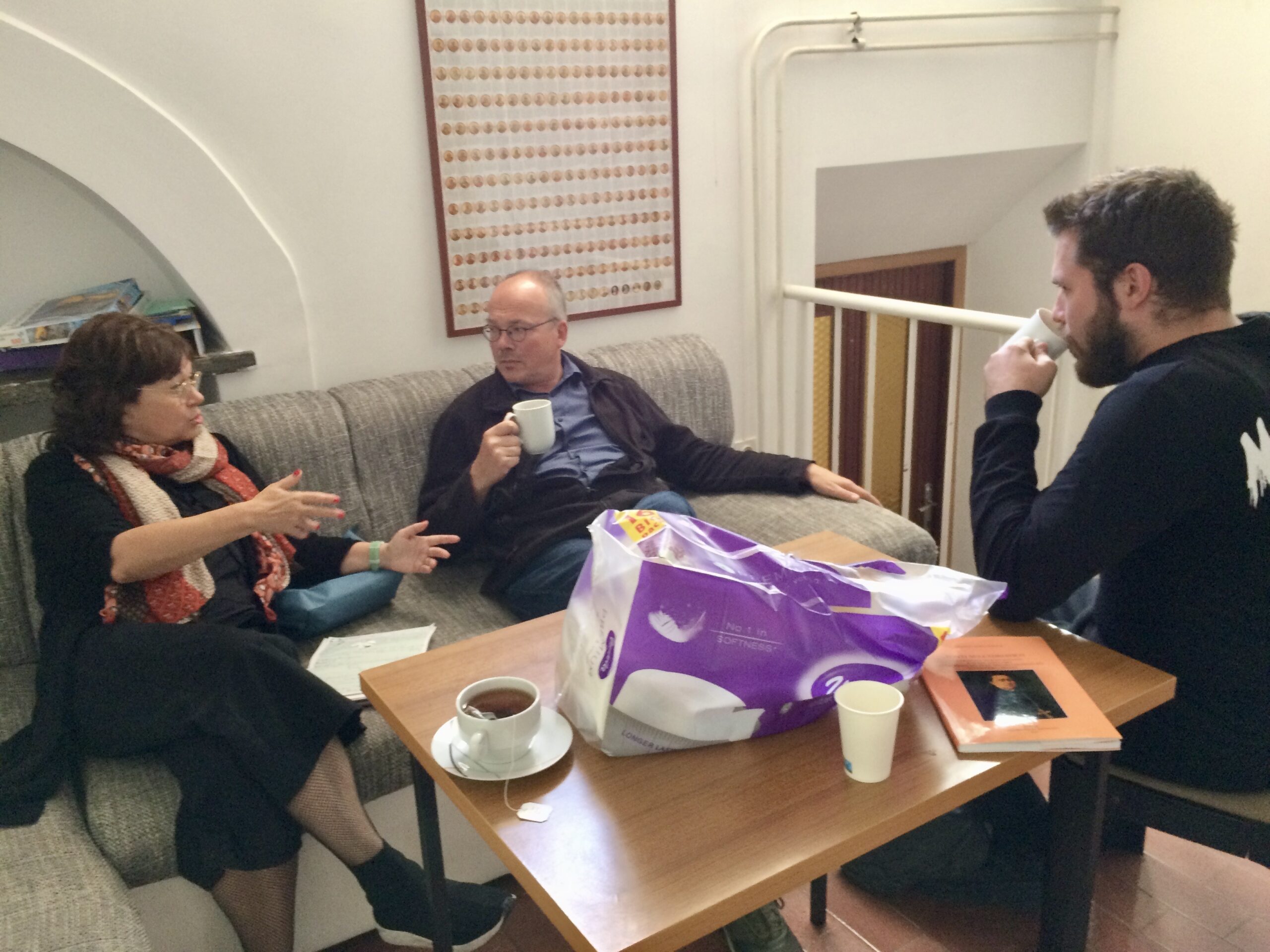From 28 September to 2 October 2022, the Regensburg Corruption Cluster held a creative retreat on the still warm and sunny island of Cres (Croatia) to discuss its immediate future. With the project nearing completion (five doctoral students and one postdoc finalising their research on informality, corruption, and anti-corruption in south-eastern Europe) it was time to take stock and develop fresh ideas for a follow-up project to be submitted to the German Research Foundation (DFG) by autumn 2023. We also invited partners from Croatia, Serbia, Bosnia, and Germany to take part in the discussions. Here, I will not try to summarise these but rather focus on what the current difficult times mean for corruption research.
Around 2017, the project was conceived during a period of moderate liberal optimism, starting (albeit in a critical fashion) from ideas dominant at the time, for instance, that good governance has its historical origins in north-western Europe. For south-eastern Europe, we set out to detect, among others, the obstacles to successful formalization during the last two centuries. The situation has now changed fundamentally, with multiple crises surfacing such as the Covid pandemic, climate change and a large war on our doorstep. The mood has turned rather pessimistic, which has implications for corruption research. The key task of our workshop was to reflect on these changes and what they mean for the research design of a follow-up project.
To start with, we see increased evidence that, in times of crisis, corruption might start to be seen, surprisingly, as a problem solver rather than a problem, since (perceived) catastrophe pushes us to think that ‘necessity knows no law’, and that hitherto ‘sacred’ rules need to be broken, rewritten, or radically reinterpreted to ‘rescue’ the common good or our common future. Corruption being semantically charged with notions of impurity, at least in ‘normal times’, this negative take may nevertheless be pushed to the margins of political discourse, as rule-breaking comes to be considered almost as inevitable and positive.
See, for example, the Covid-related grand corruption (or suspicion of such), which some people rightfully deplored and felt ‘scandalized’ by but which found little resonance: all question marks that could have been raised in relation to vaccine admission procedures, vaccine purchases by states, lucrative masks deals and the like – they played almost no role in the public debate and led to a loss of office only in rare cases since raising these issues ran counter to the leading crisis narrative that ascribed both masks and vaccines the role of our ‘saviours’. After Russia’s attack on Ukraine in February 2022, the same became true for the weapon industry, which prior to the war was under constant public observation for its lobbyism with governments. Now, in a discourse focusing only on the necessity of quick weapon deliveries to Ukraine, this perspective has disappeared almost completely from the mainstream media, which may lead to dubious ‘deals’ going undetected since the risk of being caught and sanctioned is lower than in normal times.
While politicians may embrace corruption as an instrument to solve their issues in an ‘unconventional’ manner, so may ordinary people – for them, petty corruption or everyday bribery may provide effective solutions for individual problems and crisis-induced dangers. For example, a bribe may be a way for a Russian or Ukrainian soldier to escape mobilisation into the military; for a doctor or a nurse, to circumvent compulsory corona vaccinations; for a woman living in a state led by religious conservatives, to open doors to get an abortion.
While all these examples suggest that soon, corruption may disappear from the centre of discourse since some legal transgressions are no longer perceived as attacks against the common good, we also may anticipate the complete loss of a globally shared idea of what corruption is and how it should be curbed. This problem is not new for corruption studies, but it will very likely become more salient in the very near future.

